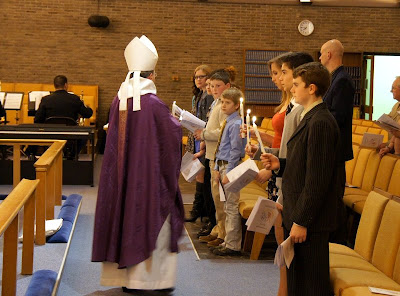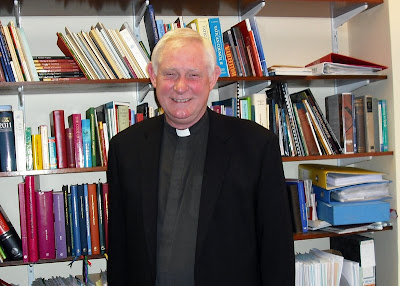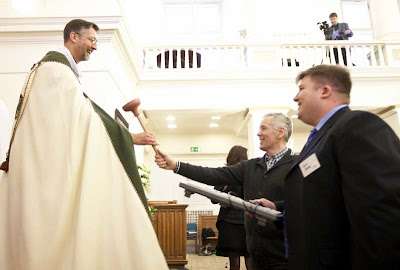March 2012 Book Reviews

What a rich selection of reading this month: two challenging books about the place of Christian values in modern society; a review of the doctrine of Grace; a study of the relationship between missionand development; a theological reflection on issues of immigration; a look at Evelyn Underhill on Mysticism; a very human portrayal of Pope Benedict XVI,and a fresh angle on John Calvin. There is even some pre-olympic reading: a biography of Eric Liddell. Enough to occupy our post-Easter breaks! Goed lezen! For the reviews press the read more button. George Carey andAndrew Carey, We don’t do God ,Monarch Books, ISBN 978-0-85721-030-2, £7.99, (Kindle edition also available). The origins of this book go back to the judgement in April2010 in the case of Gary McFarlane, a Christian who lost his job with themarriage counselling charity Relate because he refused to counsel a same-sexcouple. In his judgement Lord Justice Laws was critical of the evidence offeredby Lord Carey...












